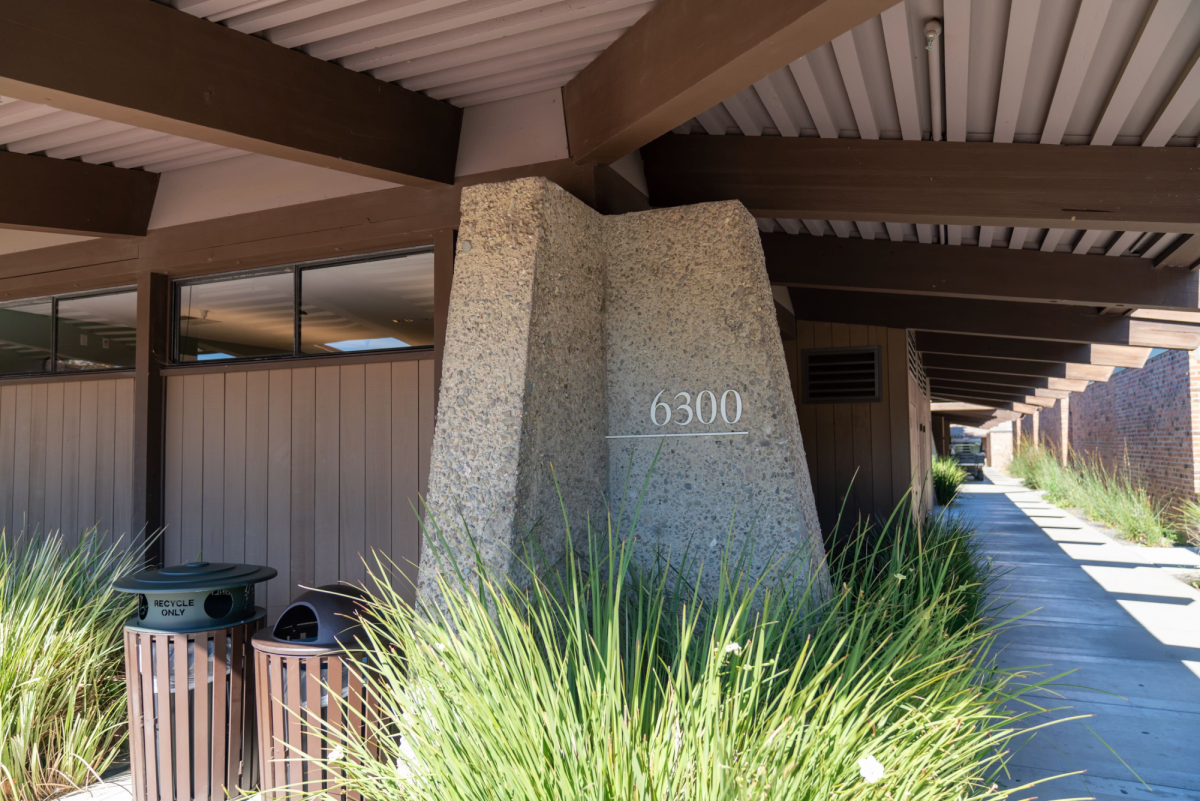Written by: Grace Ding and Jennifer Gao
On Friday, Feb. 3, Santa Clara County filed a lawsuit against President Donald Trump and his administration for his executive order that withholds funding from “sanctuary jurisdictions” that fail to comply with the deportation of immigrants. According to Santa Clara County Board of Supervisors member Joe Simitian, the county could lose anywhere from $300 million to $1.5 billion in federal funds, depending on how the order is implemented.
Executive Order 13768, “Enhancing Public Safety in the Interior United States,” was released on Jan. 25 and requires states, cities, counties and local governments to cooperate with the administration, federal security agencies and Immigration and Customs Enforcement (ICE) officials or otherwise be stripped of all federal funds.
On Jan. 31, the Santa Clara County Board of Supervisors voted unanimously to bring suit against the administration. The lawsuit is consequently being filed by the Office of the County Counsel with pro-bono help from the law firm Keker, Van Nest & Peters LLP located in San Francisco.
According to County Counsel James Williams, one of the grounds of the challenge is an improper assertion of presidential power. “The issue which threatens to strip all federal funding from local governments is an improper attempt by the president to use Congress spending authority,” Williams said. “Under the U.S. Constitution, even Congress can’t withhold all federal funding to try and coerce local governments to sign up for certain federal programs. Certainly the president, who doesn’t even have spending power, most definitely doesn’t have that authority.”
The county asserts that it is illegal for the federal government to withhold funds to which residents are entitled to. “The question is whether or not it’s appropriate for the Trump administration to withhold federal funds as a way to punish individual counties or cities for declining to cooperate with the administration on immigration matters,” Simitian wrote in an email. “Our position is that the withholding of federal funds, which are taxpayer dollars, in wholly unrelated areas, is not permitted by law.”
Another cause of action, according to Williams, relates to the vagueness of the order and the lack of clarity surrounding the definition of sanctuary jurisdictions; it is unclear how they would be recognized and how federal funds would be revoked. “The executive order doesn’t follow any of the normal protocols related to administrative procedures, and so it violates the process,” Williams said.
Although the Palo Alto City Council is not involved with the lawsuit, council member Cory Wolbach personally supports the county for challenging the Trump administration. “I think this new administration in Washington D.C. has demonstrated that there is no low they won’t stoop to impose a radical reactionary and anti-immigrant, racist and misogynistic agenda on America,” he said. “I think it’s important for us to use every tool at our disposal to fight that, because they are clearly not afraid to use every tool at their disposal, legal or illegal.”
According to Williams, the main objective of the lawsuit is to block the executive order. “It’s to ensure that the president doesn’t strip funding from cities like our county with whom he has a policy disagreement,” Williams said.
If the order were to be upheld, however, many services provided by the county would be heavily impacted, including medical services, food and nutrition needs, foster care, highway planning and construction and public security. “In absence of other funding, those are services that will simply be lost to county residents, including healthcare and welfare services that are particularly important to people of modest means,” Simitian wrote.
The order’s effect on funding in California would affect school districts as well, according to Santa Clara County Board of Education member Grace Mah. However, Mah emphasizes that efforts will be made to ensure continued equal access for all students. “We would not allow immigration to affect any opportunities that undocumented students may have because all campuses should be a safe and secure location,” she said.
Another priority is to protect students and prevent disruptions to campuses. “We would not allow ICE agents to come onto campus, find students or ask for our databases or addresses,” Mah said. “We would also provide access to low-cost legal counsel, community-based legal services and resources for inadequate families.”
Due to the diverse makeup of Palo Alto and Santa Clara county’s residents, Wolbach believes that the implications of Trump’s executive order are particularly relevant and must be addressed. “I think if there’s anyone who understands the benefits of having a diverse community with immigrants, it’s Silicon Valley,” he said. “It’s by allowing people from other places to come here and be part of our community and pursue the American dream that made our whole region very successful. On that level, it’s important for us to take a strong stand.”
Williams sees the issue as larger than immigration, having broader implications on the power of the presidential office. “The entire constitutional framework is designed to not give the president the ability to unilaterally use federal funding as a weapon,” Williams said. “I think people are a little narrowly focused on this as an immigration issue, when it is a much more fundamental governmental issue around whether the president can withhold all federal funds against state and local governments to implement policy direction.”
Mah agrees with Williams and hopes that a success in this lawsuit could translate to a message to the administration. “I think it’s a good precedent if we end up overturning some of [Trump’s executive orders],” she said. “It lets [Trump] know that in the population, there’s a very outspoken and strong majority of constituents who don’t agree with him and [will] exercise all their rights to express that opinion and do everything they can to turn things around.”
According to Williams, the Santa Clara County Board of Supervisors has held a number of public forums on the issue. “It’s important for people to be aware of what’s going on, understand it and then provide feedback to the representatives,” he said.
Wolbach strongly encourages community members, whether they be students or adults, to speak to representatives and get their voices heard. “If you are in favor of taking strong, even controversial actions to stand up for protecting people in our community, it helps give us confidence to continue down that path when we hear that,” he said.











